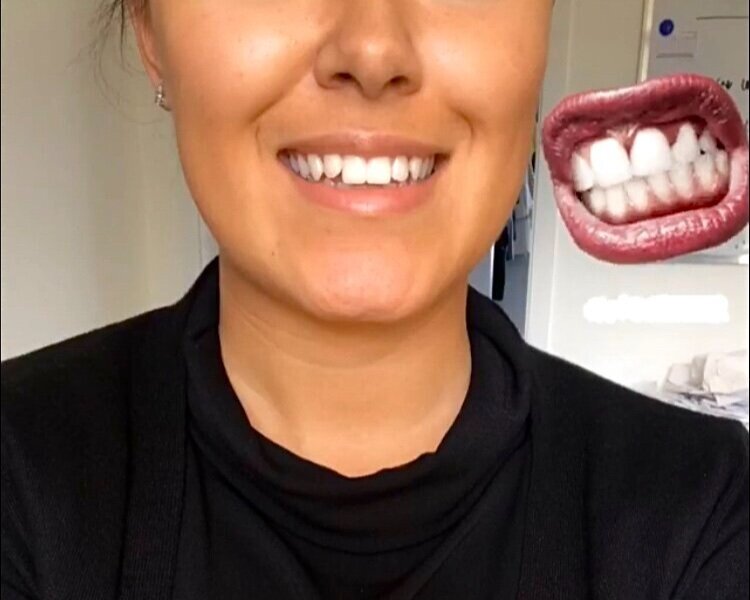Ever wondered what’s in your toothpaste?
You may have heard there’s a dangerous ingredient in common brands of toothpaste, called fluoride. What health risks does it pose, and how can you avoid it?
I’ve always taken good care of my teeth and seen a dentist every 6-12 months for checkups. I’m proud to say that I don’t have any fillings, and people often compliment the whiteness of my teeth. For many years, I used common brands like Colgate, Oral-B, Aquafresh, etc. Recently, I decided to eliminate these kinds of toothpaste from my daily routine due to the health risks they pose. Many toothpaste brands contain an ingredient called fluoride, a naturally occurring compound found in drinking water, soil, plants, rocks, and air.
Benefits of using fluoride*
Fluoride is commonly added to toothpaste because it helps to strengthen tooth enamel, reverse the effects of tooth decay, and prevent the growth of oral bacteria.
Risks of using fluoride*
Unpleasant side effects can occur when too much fluoride is consumed:
Dental fluorosis (white spots on the teeth)
Skeletal fluorosis (damage to bone structure and ligaments, causing pain and stiffness)
*Information has been taken from Healthline.
Is fluoride dangerous?
Many researchers believe that fluoride can cause other health issues including impaired brain development and lower IQs in children, kidney disease, Alzheimer’s, and cancer. It’s also believed to calcify the pineal gland in the brain (commonly known as the ‘third eye’).
What is the pineal gland?
A definition of the pineal gland can be found on Medical News Today: ‘a small gland located deep in the centre of the brain. Named for its pinecone shape, this gland secretes melatonin, which plays a role in the body’s internal clock.
The pineal gland was one of the last brain organs to be discovered and has been the subject of much mythology and speculation. The seventeenth-century French philosopher Rene Descartes thought the soul was located in the pineal gland.’
Other suggested functions of the pineal gland include maintaining bone metabolism, mental health, intuition, and spatial awareness.
How does fluoride damage the pineal gland?
Many researchers suggest that high levels of fluoride from toothpaste and drinking water accumulate in the pineal gland and cause it to calcify or harden. When this happens, not only can it cause health issues, but it also blocks your ability to connect with your higher self.
The pineal gland or third eye is associated with clarity, concentration, imagination, and intuition. So how can you activate your pineal gland? According to an article on Gaia, avoiding fluoride is the number one step in awakening your third eye. ‘Developing the third eye is the doorway to all things psychic—telepathy, clairvoyance, lucid dreaming, and astral projection. The illusion of separation between self and spirit dissolves when the third eye connection is cultivated. Metaphysical ways of being are connected to the third eye, such as how to be awake within the dream, to walk between realities, and surpass the limitations of humanity.’
A blocked third eye is said to lead to confusion, uncertainty, cynicism, jealousy, and pessimism. While the physical eyes perceive the physical world, the third eye sees the true world — a unified whole with an unyielding connection to spirit.’
This video shows you 6 steps to awakening and opening your third eye:
Fluoride-free toothpaste
I’ve tried a couple of brands and settled on one called JĀSÖN® for the time being. The peppermint flavour blows your socks off but it feels like it gives your whole mouth a good clean.
Another brand I’ve tried is Green People. I didn’t like this one as it doesn’t foam up and has little flavour.
I also avoid fluoride (and chlorine) by drinking bottled mineral water. I try to keep my pineal gland active by using essential oils in the bath, and meditating.







